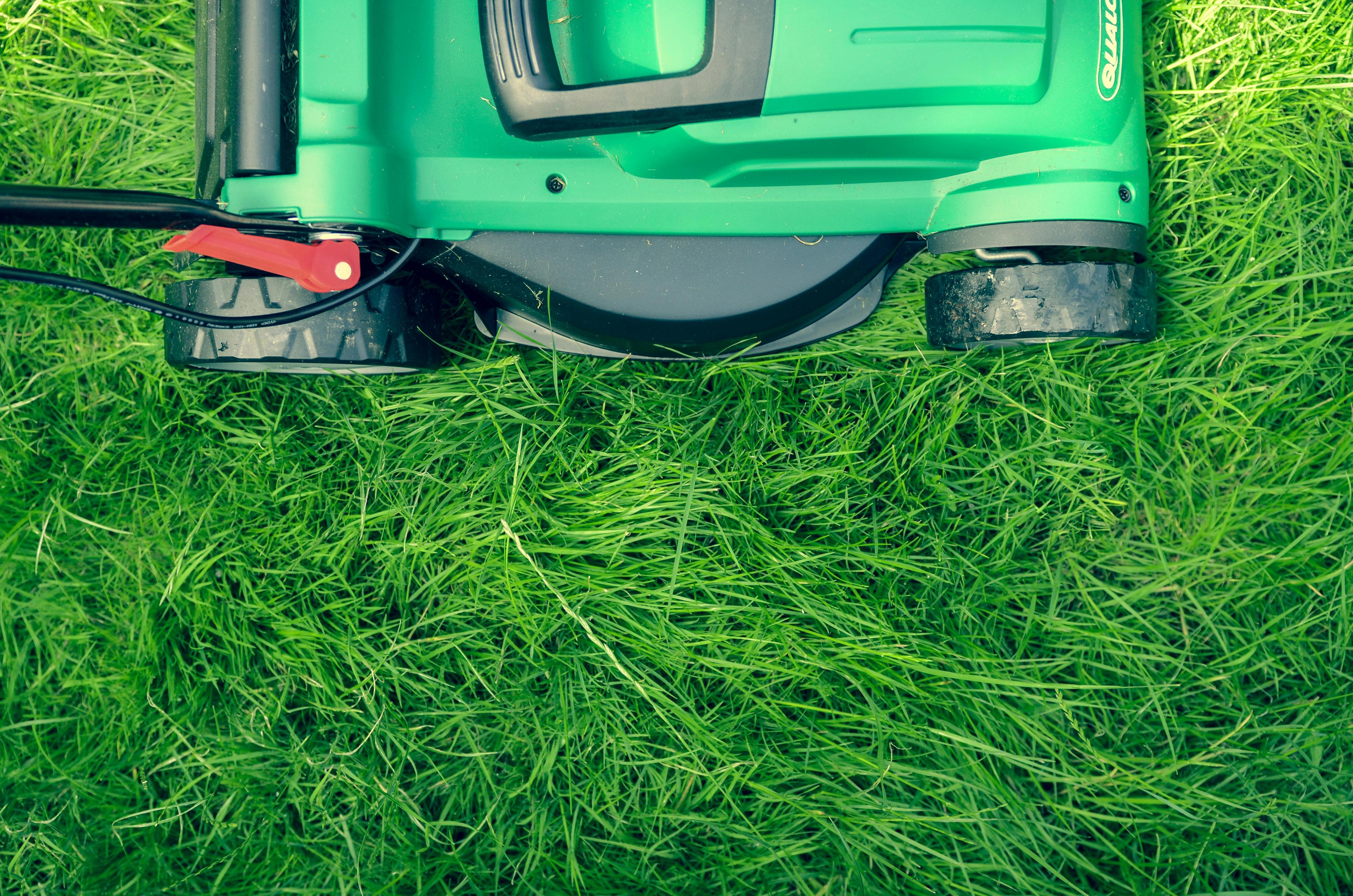No Mow May takes root in Wisconsin as cities promote pollinator-friendly lawns

April 19, 2024 10:57 AM CDT
By: Stuart J. Wattles
MILWAUKEE, Wis. (Civic Media) — The cities of Milwaukee, Racine, and others are inviting residents to participate in No Mow May, a program that allows homeowners to let their lawns grow tall during the month of May to support pollinators.
In Racine, the city is offering $25 yard signs that residents can purchase from the Department of Customer Service at City Hall. These signs let city inspectors know which properties are participating in the No Mow May pilot program. “The $25 pays for the cost of the yard sign and city administrative expenses to register and permit residents for No Mow May,” the city said in a statement. Racine residents without a permit will still be required to maintain their properties under the city’s noxious weeds ordinance, which prohibits grass and weeds over 6 inches tall.
In Milwaukee, participants in No Mow May will not be fined for tall grass or weed violations during May. However, all properties must correct any violations by June 3rd, or the city will hire a contractor to do the work and bill the homeowner. “Please be advised that any lawns that are not mowed during the month of May will grow very tall, 12 to 18 inches, and most homeowner push mowers will struggle to cut that,” the city warned. Registration is required for Milwaukee’s No Mow May program, which can be done online through the city’s Click4Action portal. The city is also offering 150 free yard signs for pickup at the Milwaukee Forestry office.
In addition to Racine and Milwaukee, several other Wisconsin communities are participating in No Mow May this year, including Glendale, Greendale, Greenfield, Shorewood, Wauwatosa, and Whitefish Bay. Some require registration, while others do not.
Experts say allowing lawns to grow during May provides critical habitat and food sources for bees, butterflies, and other pollinators as they emerge from winter. Residents are also encouraged to limit pesticide use and create insect hotels to further support pollinators.
More Articles
Northland College Announces Final Decision on School’s Future
Alderman Sandy Weidner discusses neighborhood revitalization, government transparency, and Mayoral retribution in candid interview
Behnke announces run in 6th Assembly District
Steffen runs for reelection in 4th Assembly District
Slow Mow May: helping pollinators thrive
